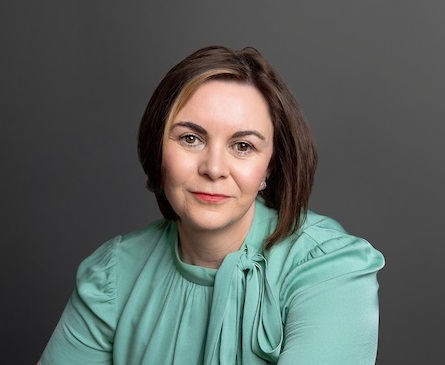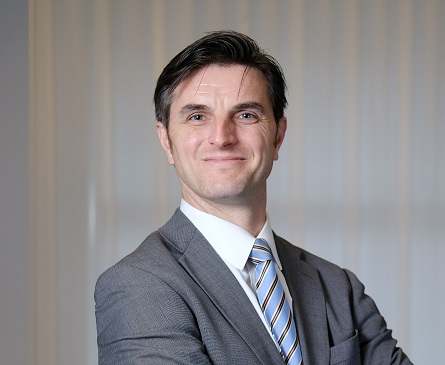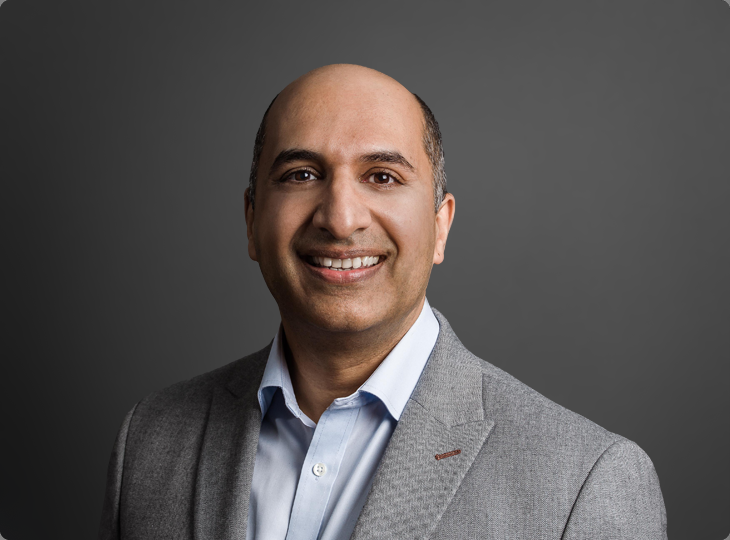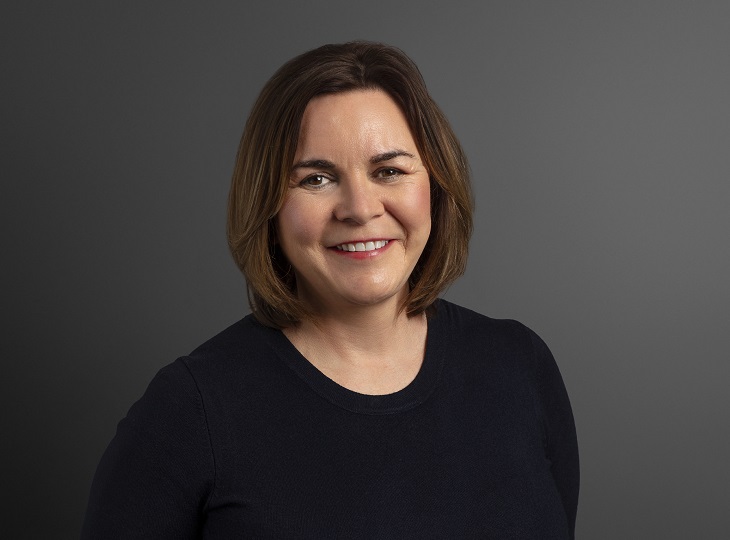With the Accuro Jersey Triathlon 2025 fast approaching (Sunday 13 July if it is not already in your calendar!), it got us thinking about what sport can teach us. Sure, at first glance the triathlon is a physical challenge quite different to the daily desk job. However, upon deeper reflection, there are many parallels that can be drawn in the behaviour, mindset and mental strength required in the workplace that are also incredibly transferrable when training for triathlon success.
Here are our top 7 tips for performing your best, whether it’s at your desk, donning your wetsuit or picking up those dumbbells.
1. Set clear goals
Triathletes don’t just wake up and wing it – they train with purpose, structure, and a clear end goal in sight. Whether it’s completing the course in a target time or simply crossing the finish line, clear parameters drive progress. Their training is broken down into manageable steps and they consistently track their performance to stay on course.
The same principles apply in the workplace. It is difficult to fulfil your potential if you don’t know exactly what you’re aiming for. Defining what success looks like – whether personally or as a team –gives you direction and motivation. Try setting SMART goals1 – Specific, Measurable, Achievable, Relevant, and Time-bound. This framework acts as a practical checklist, making it easier to break down your ambitions into clear, actionable steps. Once your goals are in place, track your progress, adjust when necessary, and take time to celebrate the milestones along the way.
Whether you’re preparing for race day or a major project deadline, clarity and consistency are what carry you to the finish line.
2. Practice consistency and discipline
In sport, progress rarely comes in leaps and bounds. It is built through consistent training, even on the days when motivation is nowhere to be found. Athletes establish routines and learn to push through fatigue and setbacks. That same discipline is directly transferable to the workplace.
You may have heard of the ‘1% rule’ – a philosophy inspired by the Japanese continuous improvement concept, known as Kaizen2. The idea is simple: small, incremental improvements made consistently over time can lead to significant, long-term results.
When training for a triathlon, this might look like pushing yourself to run just a little further, cycle slightly faster, or swim with more efficiency. Each minor gain might feel negligible in the moment, but compounded over weeks and months, they lead to remarkable progress.
Think about how often you have said, “I really don’t want to go to the gym today.” The key lies in finding the motivation to show up anyway. The same applies at work. Developing consistent habits, managing your time effectively, and following through on your tasks, even when motivation dips. Learning to do this is what drives lasting success, especially in roles that demand self-discipline and long-term focus.
3. Fuel your body and mind
Triathletes pay close attention to nutrition, hydration, rest, and recovery. You cannot perform at your best if you are running on empty and the same applies in the workplace.
Burnout does not equal productivity. To maintain peak performance, it is essential to fuel both your body and mind. Eating a balanced diet and staying hydrated are key to sustaining energy and focus throughout the day. Research from Harvard Medical School highlights that what you eat directly affects the structure and function of your brain, and ultimately, your mood3. Since your brain and body are deeply interconnected, giving your body the right nutrients at the right time can influence your concentration, emotional balance, and overall output.
Prioritise sleep. Take regular breaks. Eat well. Manage stress. These are not luxuries, they are performance tools that help keep you sharp, creative, and effective, whether you are preparing for race day or navigating a busy workweek.
4. Build resilience
Life is never plain sailing. Losses, injuries, and setbacks are all part of every athlete’s journey. Learning to recover, reassess, and bounce back is essential. Building that mental resilience and positive mindset are just as critical in the workplace as they are in sport.
At work, projects fail, deals fall through, and mistakes happen. You are only human. The key is how you respond. The ability to stay composed under pressure, adapt and learn from failure is what makes you resilient and separates effective professionals from the rest.
Some of the greatest entrepreneurs of our time have experienced significant setbacks. Take Apple co-founder Steve Jobs. He was famously fired from the very company he helped build in the 1980s. But he didn’t give up. He reassessed, reinvented himself, and returned in the late 1990s to lead Apple through one of the most extraordinary growth periods in business history.
Whether you are on the track or in the office, resilience is not just about surviving the hard days – it is about using them as fuel to come back stronger.
5. Be a great teammate
No athlete succeeds entirely alone. Behind every great performance is a team of coaches, training partners and supporters who offer guidance, motivation, and accountability. Playing sport requires cooperation, trust and clear communication. Each team member has a role to play and overall success depends on how well they work together.
The same is true in the workplace. Projects thrive on collaboration. Transparent communication, active listening and mutual support create a strong foundation of trust. Surround yourself with people who motivate you, challenge you, and support your growth. Ask for feedback, offer help when others need it, and always take time to celebrate shared wins, because success is rarely a solo effort.
6. Prepare and visualise success
Athletes often use visualisation techniques such as mentally picturing themselves crossing the finish line, staying composed under pressure, or executing a personal best. It is similar to how you might have approached exams back in school: practising, preparing, and putting in the work behind the scenes to boost confidence and performance on the day.
In the workplace, mental rehearsal is just as powerful. Whether you are preparing for a big presentation, planning a tough conversation, or working toward a long-term career goal, visualisation helps you build confidence and clarity. It primes your brain for success and helps you show up prepared both physically and mentally.
7. Develop mental toughness
Sport teaches how to control nerves, stay focused, and maintain mental clarity during high-stress situations – especially in competition. It magnifies the value of effort, attitude, and collaboration. At work, mental toughness enables professionals to handle pressure, stay productive when faced with tight deadlines, and maintain composure during difficult conversations or decision-making moments.
Although experience can help you develop confidence and a strong mindset, you can also build this through self-awareness. Adopting a positive attitude allows you to approach challenges seeking opportunity rather than worrying about failure. Whether you are leading a team, navigating a tough project, or chasing a personal goal, the habits built through sport can become the foundation of your success in the workplace. The environment may change, but the mindset stays the same.
So…have we convinced you?
If you are looking for a reason to detox from your desk and take on a new challenge, there is still time to sign up for the Accuro Jersey Triathlon at www.jersey-triathlon.com. But don’t delay – registration closes on Friday 11 July.
Or maybe you are more at home cheering from the side lines and handing out much-needed refreshments to parched participants (after all, every triathlete needs their support crew)! Either way, make sure you head down to St Helier on Sunday 13 July for a fun-filled day of fitness, family, and community spirit.
See you at the start (or finish) line!

















